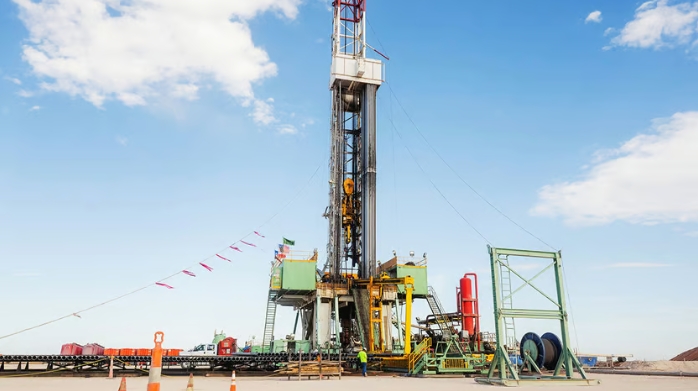The Impact of AI on the Energy Sector Insights from ADIPEC 2024
Nov 11, 2024
This week, approximately 180,000 professionals gathered in Abu Dhabi for ADIPEC, the oil-and-gas industry’s largest annual event. This year’s theme spotlighted the intersection of artificial intelligence (AI) and energy, drawing leaders from tech, energy, and finance to discuss AI's transformative potential in the sector. Sultan Al Jaber, CEO of ADNOC, hosted a private meeting with major tech and energy executives, underscoring the collaboration between these industries.
A survey released during the event, involving over 400 experts, suggests that AI could enhance energy efficiency and reduce greenhouse-gas emissions, aligning with global sustainability goals. However, beyond long-term environmental benefits, many energy leaders foresee an immediate opportunity: a surge in demand for natural gas due to the AI-driven expansion of data centers.
As tech giants race to build data centers capable of handling advanced AI workloads, natural gas has become essential for meeting their vast energy needs. Industry leaders such as Murray Auchincloss, CEO of BP, and Mike Wirth, CEO of Chevron, have acknowledged that the rapid growth of hyperscale data centers is directly driving demand for natural gas. Goldman Sachs predicts that the American data center market will require an additional 47 gigawatts (GW) of power capacity by 2030, with 60% of this demand likely to be met by natural gas and 40% by renewable energy sources.
However, this reliance on natural gas presents a challenge for tech firms committed to achieving net-zero emissions. Some tech companies have warned they will shift their data center projects to regions that offer cleaner energy alternatives. This dilemma has pushed major technology firms to invest heavily in renewable energy projects, with companies like Microsoft entering into multi-billion-dollar partnerships to develop renewable energy sources for their operations.
The environmental impact of natural gas use is also under scrutiny. Although natural gas emits significantly less greenhouse gas than coal, this benefit is offset by methane emissions from the production and transportation processes. Methane, a potent greenhouse gas, is released through venting and flaring during extraction, compounding its environmental impact. The World Bank reports that methane flaring increased by 7% in the global oil-and-gas industry from 2022 to 2023, while other studies estimate methane emissions in the U.S. are substantially higher than government calculations.
In response, some oil and gas companies have committed to reducing methane emissions, yet progress has been gradual. Tech firms face a difficult choice: meet immediate data center demands by relying on natural gas or invest in clean energy solutions to fulfill their sustainability pledges. Major tech players, such as Microsoft, are already developing renewable power sources to support their data center needs, signaling a move towards sustainable growth even amidst the rapid rise of AI.
For now, the energy sector remains a significant beneficiary of the AI boom, with growing demand for natural gas boosting opportunities. This partnership between AI and energy will continue to shape the industry, potentially accelerating the transition towards a cleaner and more efficient future.
